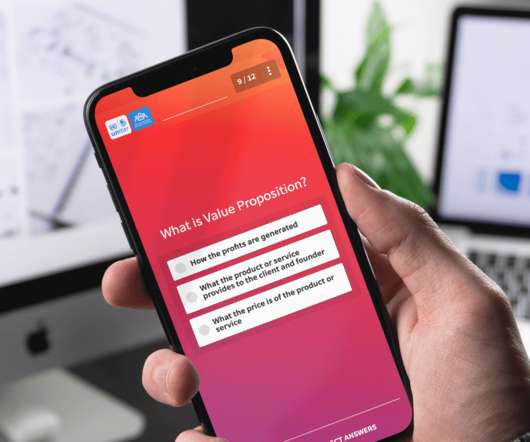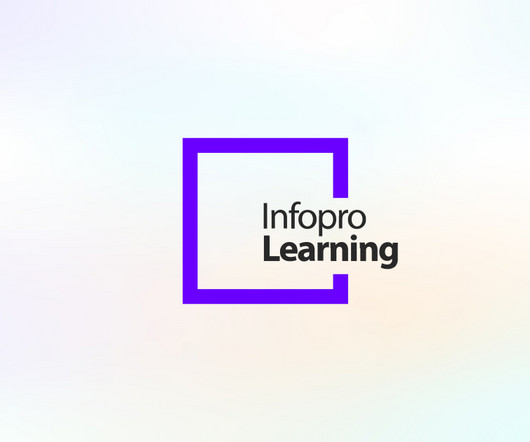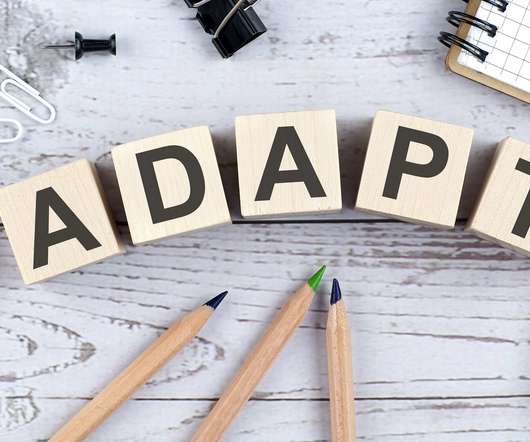Knowledge Management vs. Knowledge Creation
The Performance Improvement Blog
AUGUST 4, 2010
John Hagel III, John Seely Brown, and Lang Davison , all with Deloitte’s Center for the Edge, argue that passive repositories of organizational information (i.e., Knowledge Management) have failed to advance learning. The folks seeking the knowledge often had trouble finding what they needed.
















































Let's personalize your content